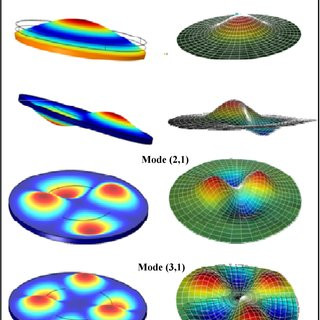Rev.14
and they sang a new song/sing/ring/golden band/re/turn/back again
ode/ad/a
Sing, Singing:/when does a bird sing/coming of the light/Rooster/Roost/Perch/Pole/ elevated position,
is used always of "praise to God,"
is/be
al/ways
be/troth/al
tau/sign/mark/Taurus/Tau/R/US
18/R/resonant (adj.)1590s, of sound, "re-echoing,"/Ringing
US/We (the people)
E/ex/enough/is/enough
adequate (adj.)/equal/level UP/As a preposition, "to a higher place"
Sign of Jonah /in the deep/dove (v.)
sometime past tense of dive
Turtle/"turtledove," a reduplicated form imitative of the bird's coo. Graceful, harmonious and affectionate to its mate, hence a term of endearment in Middle English. Turtle-dove is attested from c. 1300.
Coo/1660s, "to utter a low, plaintive, murmuring sound," echoic of doves./"to utter by cooing" is from 1798. Meaning "to converse affectionately, make love in murmuring endearments"
twi/light
https://www.youtube.com/watch?v=9EulA5VXNbs&ab_channel=SuperColie
ask (v.)
Old English ascian "ask, call for an answer; make a request," from earlier ahsian, from Proto-Germanic *answer (n.)
Old English andswaru "a response, a reply to a question," from and- "against" (from PIE root *ant- "front, forehead," with derivatives meaning "in front of, before") + -swaru "affirmation," from swerian "to swear" (see swear), suggesting an original sense of "sworn statement rebutting a charge. Meaning "solution of a problem" is from c. 1300.
sign/forehead
Mat 12:39 39 Jesus replied, “A wicked and adulterous generation demands a sign, but none will be given it except the sign of the prophet Jonah.
Jonah/ biblical prophet and subject of the Book of Jonah, from Hebrew Yonah, literally "dove,
John the Baptist Preaches/Luke 3
Luk 3:22
And the Holy Ghost descended in a bodily shape like a dove upon him, and a voice came from heaven which said, Thou art my beloved Son; in thee I am well pleased
https://www.youtube.com/watch?v=2q7hMfmVL3I&ab_channel=Heavens
From Middle English dove, douve, duve, from Old English *dūfe (“dove, pigeon”), from Proto-West Germanic *dūbā, from Proto-Germanic *dūbǭ (“dove, pigeon”), from Proto-Indo-European *dʰewbʰ- (“to whisk, smoke, be obscure”).
Cognate with Scots doo, dow, Saterland Frisian Duuwe, West Frisian do, Dutch duif, Afrikaans duif, Sranan Tongo doifi, German Taube, German Low German Duuv, Dutch Low Saxon duve, doeve, Danish due, Faroese dúgva, Icelandic dúfa, Norwegian Bokmål due, Norwegian Nynorsk due, Swedish duva, Yiddish טויב (toyb), Gothic *𐌳𐌿𐌱𐍉 (*dubō).
double
/ˈdʌb(ə)l/
Origin
Middle English: via Old French from Latin duplus (see duple). The verb is from Old French dobler, from late Latin duplare, from duplus .
A Glorified Zion Isa 60
Isa 60:8
Who are these who fly like a cloud
And like the doves to their windows?
The windows of Heaven
Windows /ʼărubbâh, ar-oob-baw'; feminine participle passive of H693 (as if for lurking); a lattice; (by implication) a window, dovecot (because of the pigeon-holes), chimney (with its apertures for smoke), sluice (with openings for water):—chimney, window.
Isa.61:7 Instead of your shame you will have a double portion,
And instead of humiliation they will shout for joy over their portion.
Therefore they will possess a double portion in their land,
Everlasting joy will be theirs.
double portion /erets, eh'-rets; from an unused root probably meaning to be firm; the earth (at large, or partitively a land):—× common, country, earth, field, ground, land, × natins, way, + wilderness, world.
https://www.youtube.com/watch?v=Xlfnedlb7iU&ab_channel=TimelessSongbird




